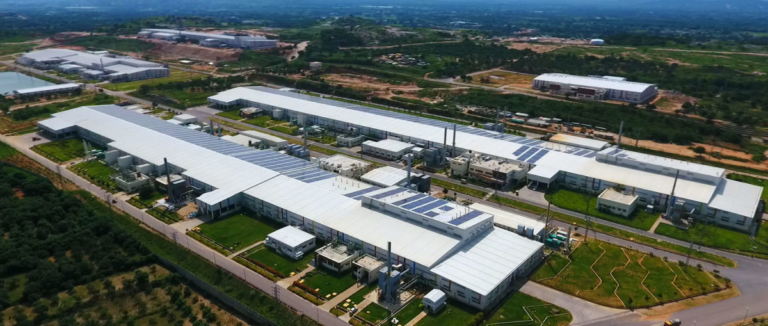
The Rs 8,500-crore Amara Raja Group, which runs Amron, the second largest lead-acid battery brand in the country (after Exide), says the demand signs for electric mobility are becoming more definite. “In the long run, it is important to build domestic capacity across the entire value chain. We are keenly engaged in creating an India centric eco-system for design, development and manufacturing of advanced cell technologies.’
He said that the new energy business unit of Amara Raja Group will be the new engine of growth. Last year, the company positioned itself as an “energy and mobility” player in the industry as it looks to expand its portfolio to meet electric vehicle (EV) demand and other home energy solutions. Amara Raja’s “future-proofing” business strategy includes expanding the core lead acid battery business to include lithium cells and battery packs, electric vehicle (EV) chargers, energy storage systems and more.
“We have invested in a state-of-the-art R&D facility [1] to develop advanced cell chemistry batteries for electric mobility and stationary energy storage applications. Amara Raja has laid out a road map to invest in giga factories to manufacture Li cells and introduce battery packs and EV charging solutions to the rapidly emerging electric vehicle sector, renewable energy markets and energy storage systems.
“The new age energy storage technologies and manufacturing landscape in India is maturing and is expected to gain momentum in the coming years, thanks to proactive policy drives from the central and state governments,” said Samudrala.
The company is using cell chemistry and a number of technology options available to choose from such as NMC (Nickel Manganese Cobalt), LFP (Lithium Ferro-Phosphate), LTO (Lithium-Titanium-Oxide), etc. Cylindrical, Prismatic, etc. and pouch form factor. “Amara Raja is focused on developing NMC and LFP chemistries for the Indian market. Apart from offering its battery packs for Battery Electric Vehicles (BEVs), the company offers battery packs for various other niche applications,” said Samudrala.
It developed HV Li-Ion battery packs with IoT features for e-mobility applications, active liquid cooling systems, etc. In addition, the company has also invested in promising technology start-ups in the Li-ion technology space and continues to explore opportunities to develop globally competitive technology and manufacturing infrastructure as part of the GigaFactory investment.

